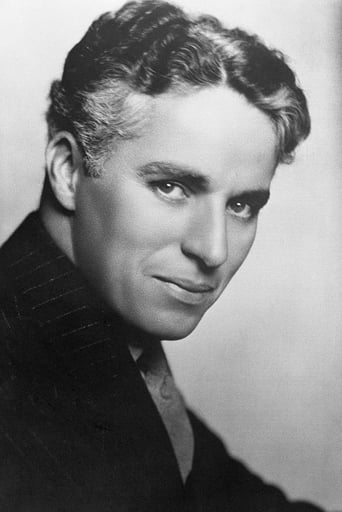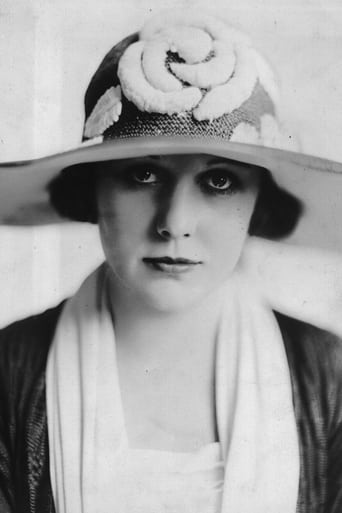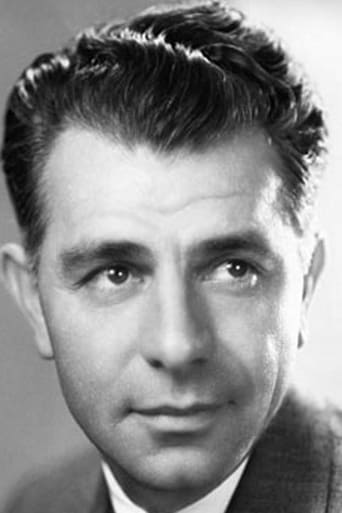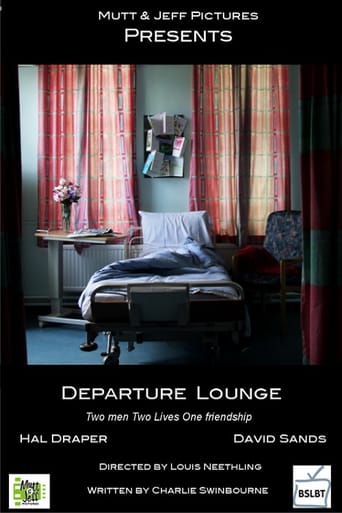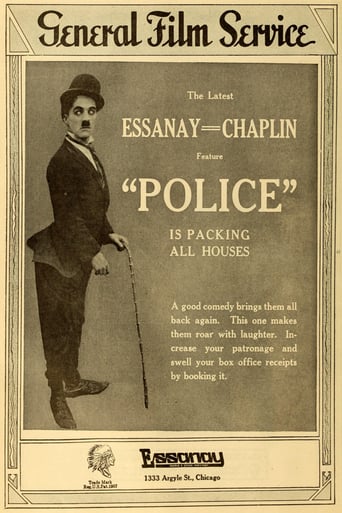
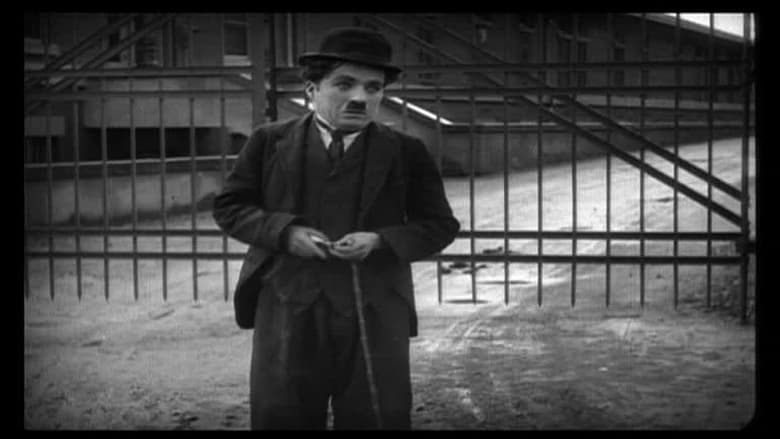
Police (1916)
Charlie is released from prison and immediately swindled by a fake parson. A fellow ex-convict convinces Charlie to help burglarize a house.
Watch Trailer
Cast


Similar titles
Reviews
Load of rubbish!!
A story that's too fascinating to pass by...
After playing with our expectations, this turns out to be a very different sort of film.
It’s not bad or unwatchable but despite the amplitude of the spectacle, the end result is underwhelming.
With this picture Charlie Chaplin ended his fruitful tenure at Essanay. While he had produced a handful of better shorts in that period, Police does show off everything he had developed and perfected during his time at the studio. So let's recap with Charlie.The first thing that is very evident is Chaplin's confidence in his own material. In contrast to the high-speed slapstick that made up virtually all silent comedy up to this point, Police contains lots of slow and subtle visual gags that rely upon the audience's ability to relate to the situations and pay attention to detail. So we get moments like Charlie drying his eyes on the preacher's beard, or getting into the habit of patting his pockets for change every time someone offers to help him go straight. The sedate pace of the bulk of the picture means that when we do get a bit of fast-paced action it has more impact.However, the clearest and perhaps the most important development Chaplin made at Essanay was the ability to create stories. His first few Essanay pictures don't really have plots, and are just half an hour of antics based around a single location. With Police there is a well-defined structure, and this is probably the strongest and most carefully balanced story he has made so far. There is a consistent theme of Charlie trying to give up crime, and this is set up in the first scene and resolved in the last one. The love angle with Edna Purviance is also neatly established, with them running into each other part way through the burglary, and their relationship built-up and woven into the redemption idea. Perhaps this all sounds a bit high-minded for a comedy, but it is important because it helps the audience connect to the character and gives the jokes a bigger pay-off.Ever the pragmatist, Chaplin would soon be lured to Mutual studios with the promise of a higher salary. At Mutual he would make what are generally agreed to be his finest short features. Still, his Essanay output, while very much the product of a learning phase, is full of fun and funniness, and the first time the world got to see the little tramp really flourish.But that's not all; there's still the all-important statistic – Number of kicks up the arse: 6 (2 for, 1 against)
Just a couple of years into his film career and, while Chaplin had already come a long way since his first outings, he was still far from the finished article. In this film he's both villain and victim: an ex-con who is immediately fleeced by a fake preacher upon his release from prison and then teams up with an old cell mate to rob the house of Edna Purviance and her sick old mum.The film's OK, but it's nothing great and, while it amuses for most of it's running time - apart from the last five minutes when things start to become a little flat - it doesn't raise any real belly laughs. Chaplin would get much better.
Chaplin wrote, directed, and starred in this film, his last for Essanay. The company reedited the film after Chaplin left, and it took months more to release as a result. Chaplin is a man released from prison who is immediately swindled by a sidewalk preacher. He meets up with his old cell-mate who is trying to rob him on the sidewalk, and they decide to break into a mansion where Edna Purviance lives with her old, sick mother. Once inside, there are some good sight gags, as the two crooks are discovered by Edna. She'll allow them to take some things and leave as long as they don't disturb her mother upstairs. This doesn't sit well with Chaplin's partner in crime, and Chaplin finds himself defending Edna. The police arrive in time, and Chaplin is set straight by Edna and the lie she tells the police. Chaplin's comedy is more subtle in this film, but there are still some fine brief bits of slapstick. Chaplin was quickly realizing his films were more poignant and successful when the plots were more sophisticated and the slapstick was more restrained. Wesley Ruggles and Snub Pollard have supporting roles in this one. **1/2 of 4 stars.
The Tramp never had much going on with authority and the police in the first place, but we never saw (well, at least I didn't) Chaplin quite as criminal as in 'The Police'.In the first scene he's released from prison and a minister of some sort wants to guide him on the right path, but Charlie finds himself robbed by this imposter. So out of money and out of hope he runs into his old cell-mate, and the two of them decide to rob a big mansion.When they finally get inside (after an encounter with a police-officer), the young woman living there (a part by Edna Purviance) is being alarmed by some noise, and she calls the police. They don't seem too interested though, as they finish their drinks before checking out the scene.Meanwhile, Edna confronts the burglars and lets them take away some things, as long as they don't go up, as that would scare her mother. Charlie agrees but his mate doesn't, and they get into a fight just as the police finally arrives as well. In the end, Edna feels sorry for Charlie and claims that he's her husband so he won't be arrested, and Charlie finally sees that robbing people isn't the right way to live. Great ending there, with Charlie in love and standing in the sun, of a pretty good Chaplin short about forgiving and living well. 7/10.


